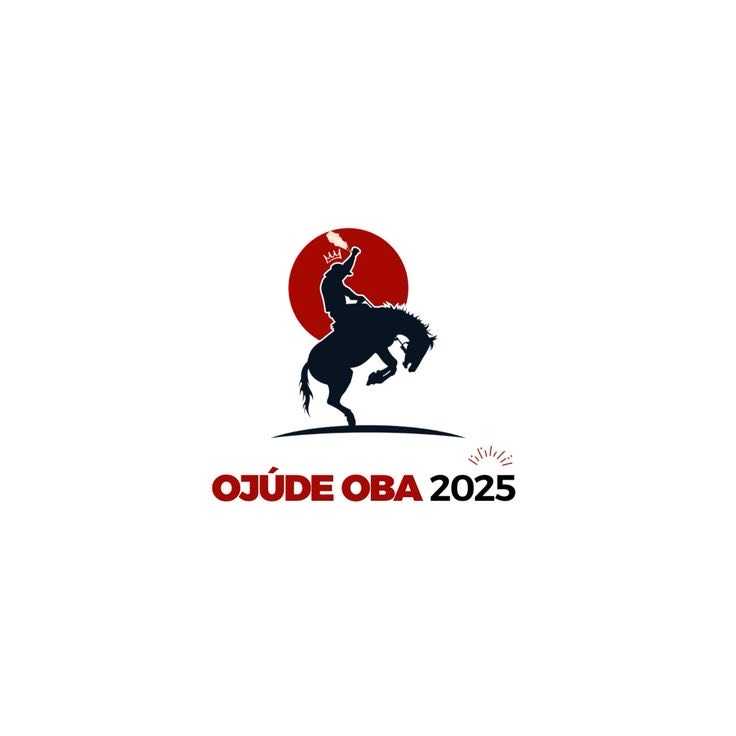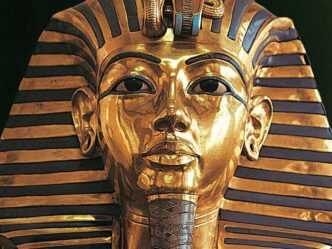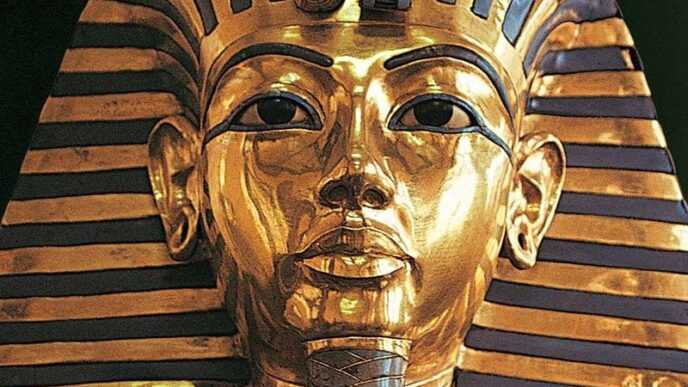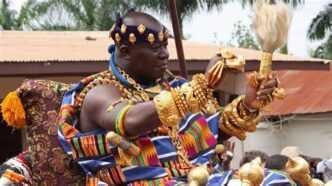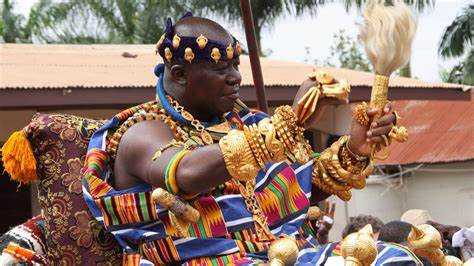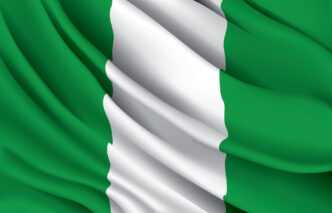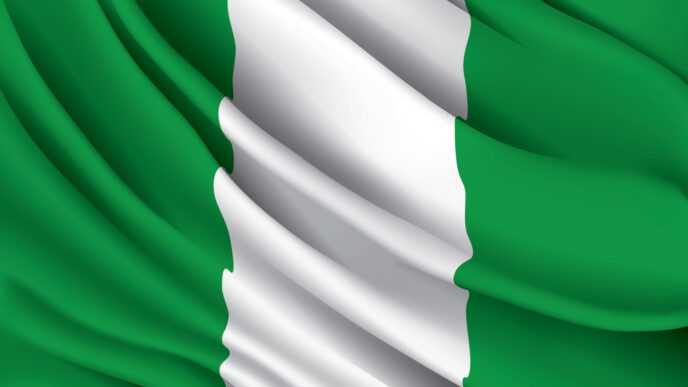By Genevieve Azelama
In Ijebu-Ode, the ancient heart of the Ijebu Kingdom in southwestern Nigeria, the towns and their people bustle with excitement. The streets fill with a vibrant spectacle of vibrant colors, detailed and intricate beadwork, gallant horse riders on their majestic horses, and the energetic beats and rhythmic pulse of Yoruba drums. That ushered in The Ojude Oba Festival, one of Africa’s most spectacular and culturally rich celebrations, placing the beauty and brilliance of the Yoruba people on display and showcasing the unique history, heritage, and unity of the people of Ijebu-Ode.
This one-of-a-kind festival dates back to the 19th century, which began as a small gesture of gratitude from Muslim converts to the Awujale of Ijebu-Ode and has now transformed into a grand affair, drawing over 250,000 attendees from across Nigeria and the global diaspora. This summer, from the 8th of June, Ijebu-ode will capture the attention of the globe, taking its breath away with majestic displays of culture and heritage, showcasing the power of the cultural pride of the Ijebu people. This annual festival, held on the third day after Eid al-Adha, is both a timeless homage to Ijebuland’s monarch and a living testament to the enduring strength of Yoruba culture.
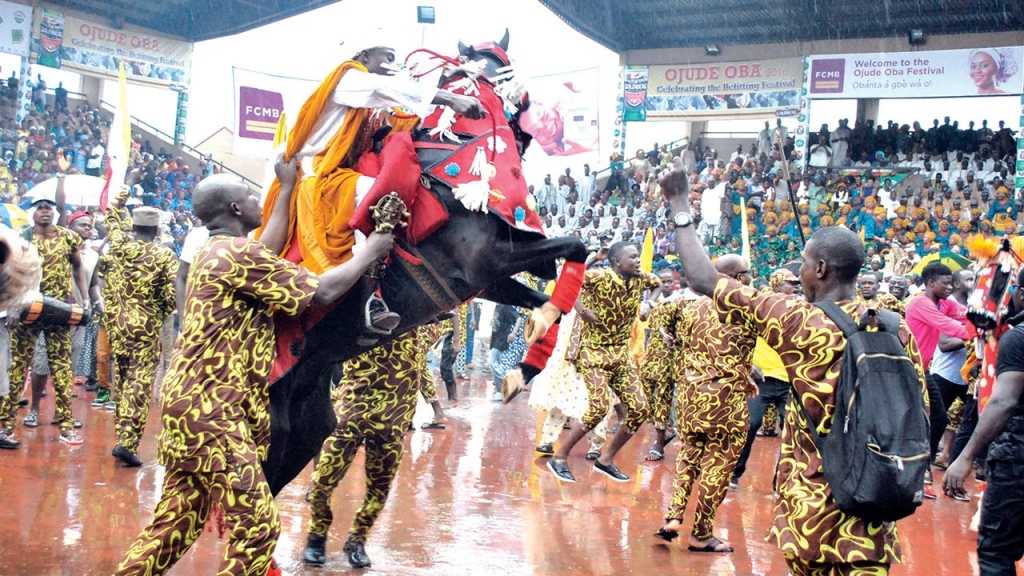
The Ojude Oba festival is rooted in the celebration of faith and gratitude, compounded by the resilience and evolution of the people of Ijebu Land. Its roots lie in the tale of Chief Balogun Kuku, a famous Ijebu warrior and an early Muslim convert in the late 1800s. Chief Balogun Kuku was barred from participating in the traditional Odeda festival owing to his conversion to the Muslim faith. Kuku resiliently led his fellow Muslim converts to the palace to pay homage to the king in their own way. From this act of inclusion, the seeds of Ojude Oba were sown.
Over time, the festival has grown and developed far beyond religious boundaries, and blossomed into a multi-faith, cross-cultural event, where Muslims, Christians, and traditionalists unite in celebration of the identity, beauty, and brilliance of Ijebuland.
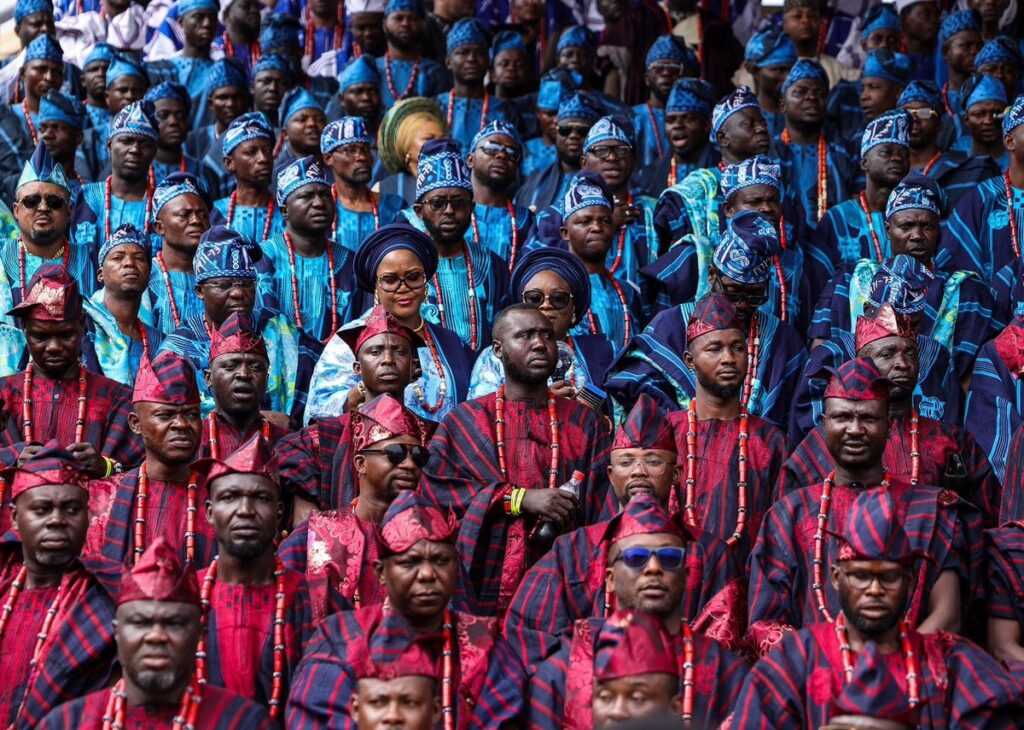
Front and center at the Ojude Oba celebration is the Regberegbe, where vibrant age-grade groups whose members are adorned with intricate matching asoebi outfits, parade in coordinated formations and celebrations, as they present gifts to the king. The Regberegbe represent the dynamism and pride of Ijebuland’s social structure, serving as custodians of community values and agents of social development. The Regberegbe flamboyant, loud, and joyous, are matched only by the heart of the festival, considered the most iconic display: the arrival of the Balogun families on horseback. These descendants of Ijebu warriors ride in intricate and ultra-flamboyant attire for both riders and horses, performing daring equestrian displays, displaying their finesse, daring, and elegant skills on horseback, and ceremonial gun salutes. Their participation evokes centuries of history and pays homage to the warrior spirit that once defended the kingdom. This part of the vent is revered as a strong demonstration of heritage cultural wealth and dynamism
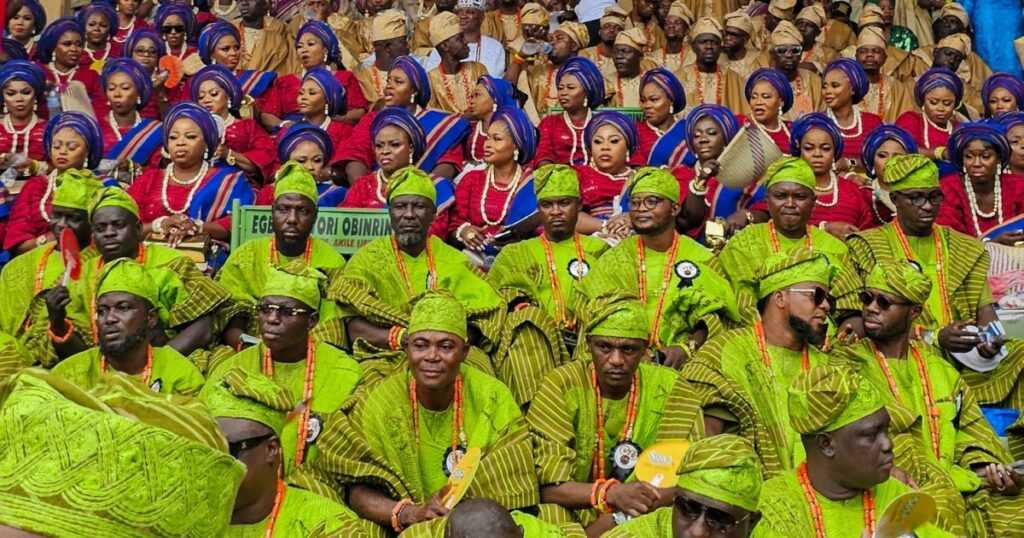
The Ijebu women are also celebrated during this festival. In recent festivals, women are even part of leading their houses and age groups in both the Regberegbe and equestrian spectacles of the festival. The festival also honors the Awujale’s wives (Oloris), who dance, showcase the unique and intricate fashion of their people, and perform cultural displays, all with elegance and grace unique to the Ijebu people.
Beyond its glamour, festivities, and pageantry, Ojude Oba is a powerful driver of unity and economic vitality. It is an economic engine that draws a boom in patronage to hotels, vendors, and transport operators. Organizers have estimated that the event and its festivities generate billions of naira and serve as a valuable driver of regional socio-economic development. There is also the tourism factor, the festival has all the makings of a tourist magnet. The festival has even been referred to as an international cultural tourism highlight by Nigerian academics and tourism experts who a hopeful for a potential UNESCO recognition to unlock further economic and cultural benefits. The festival is even viewed as a potential cornerstone of Nigeria’s cultural tourism industry.
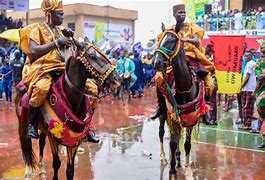
The Ojude Oba Festival fosters reconciliation and dialogue among Ijebu clans, reaffirms loyalty to the throne, and offers a platform for intergenerational cultural transmission.
One of the festival’s greatest strengths lies in its adaptability while maintaining its cultural and traditional essence. In recent years, Ojude Oba has embraced some modern elements like fashion shows, beauty pageants, live music concerts, and even an incorporation of social media coverage, professional photography, and cinematography, all without compromising its core values.
Young Ijebus in the diaspora now return in growing numbers each year, reconnecting with their roots and participating in the festivities. This resurgence ensures that Ojude Oba remains a living tradition, capable of inspiring pride and unity for generations to come.
In a world where globalization often erodes local traditions, Ojude Oba stands unshaken as a beacon of Nigerian cultural excellence and African cultural resilience, and brilliance. It reminds us that history and modernity can coexist, and that in celebrating our roots, we strengthen our collective future.
As the Awujale receives homage from his people, as the horses thunder through the palace square, and as drums echo through Ijebu-Ode’s ancient streets, one thing is clear: the spirit of Ojude Oba is alive and well, bold, beautiful, and proudly African.

